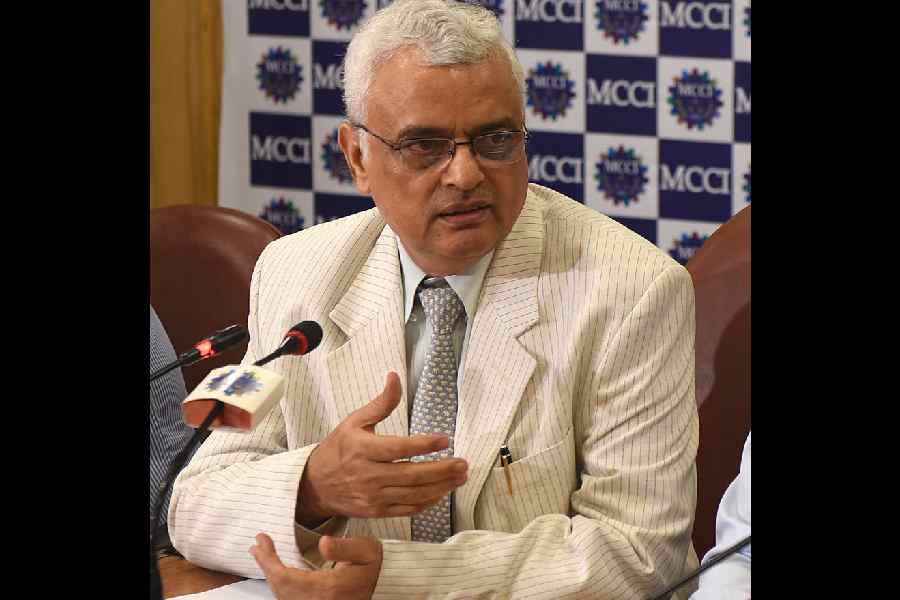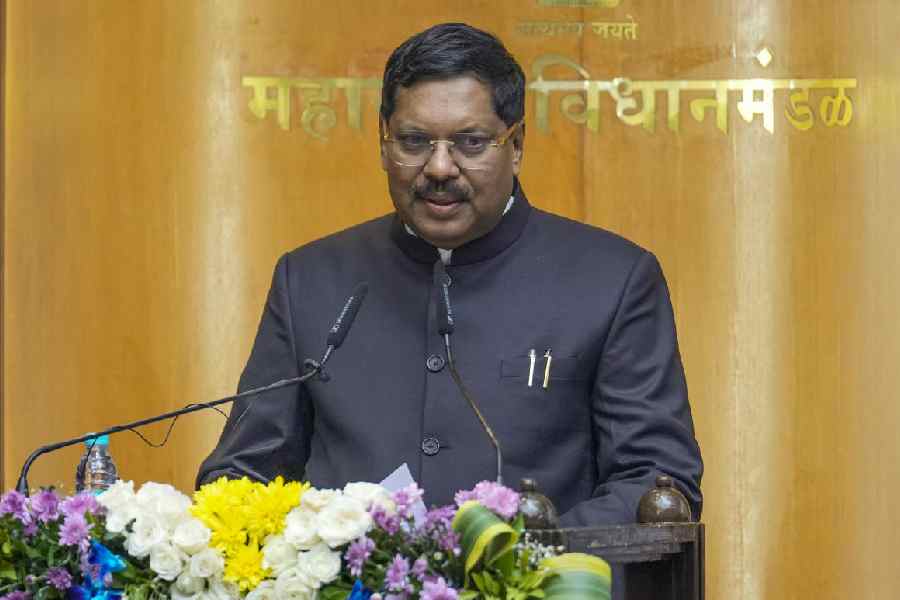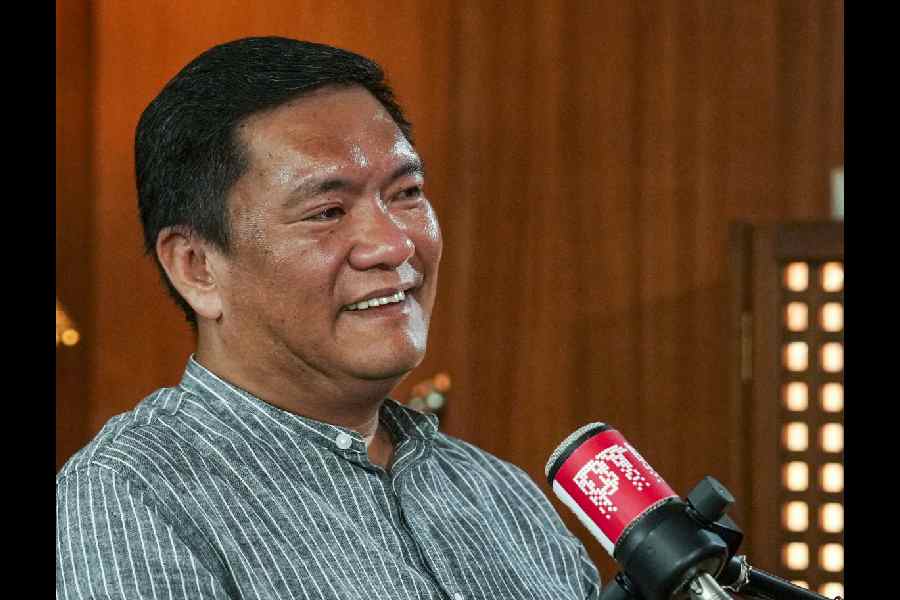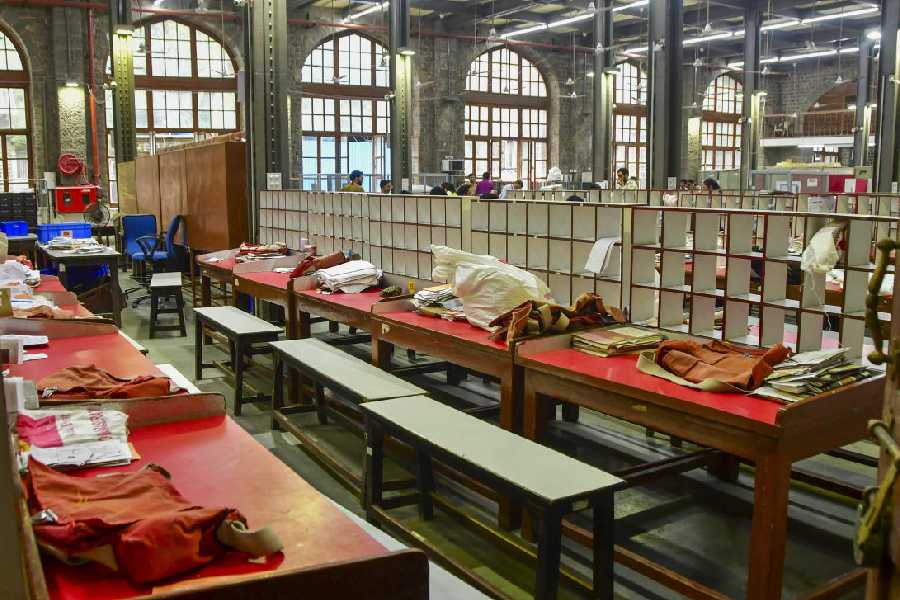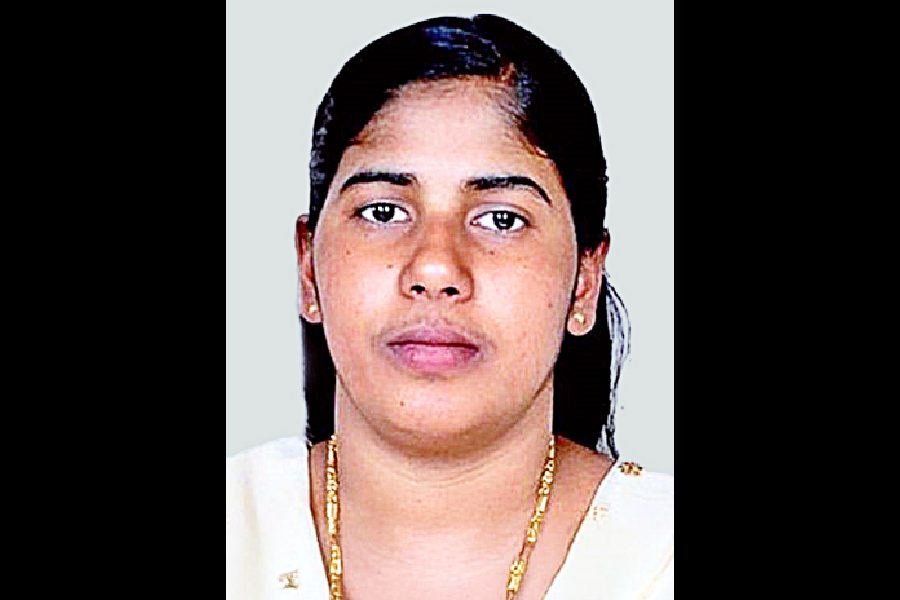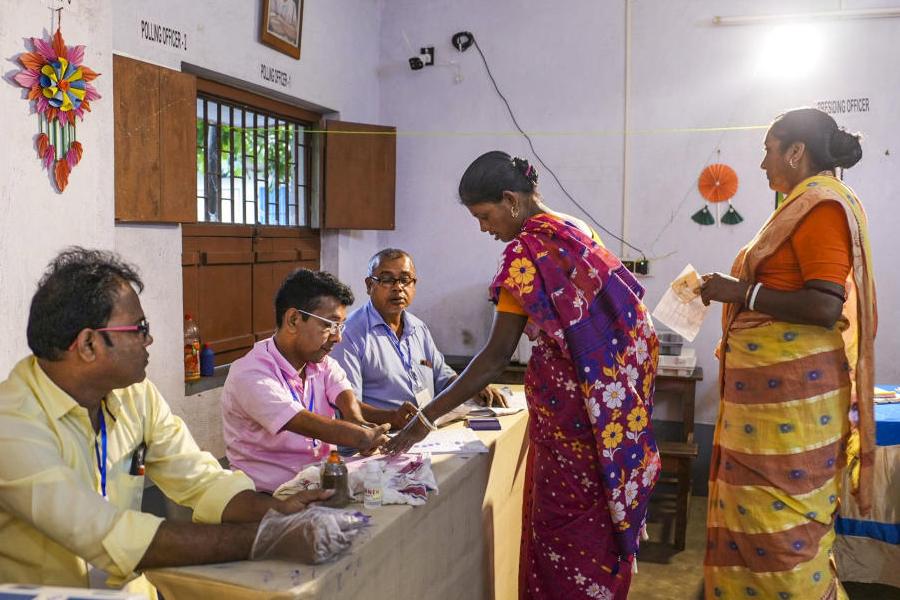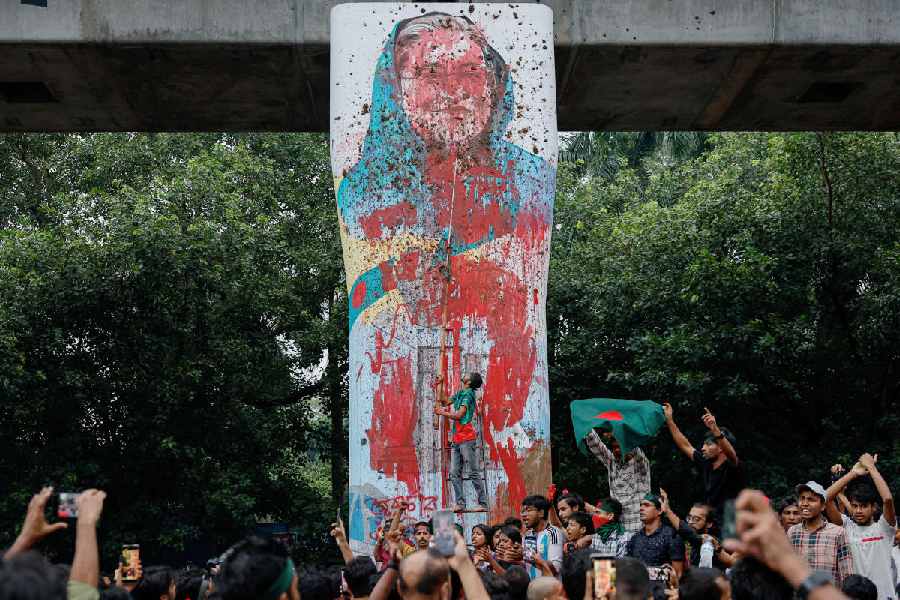 |
| Sam Manekshaw |
New Delhi, April 4: Frequently in and out of hospital in Tamil Nadu, Field Marshal Sam Manekshaw has just been given news of a unique and heart-warming birthday gift. Bangladesh welcomed, feted and hosted 10 Indian generals who he commanded in the 1971 war — India’s greatest modern military victory — in acknowledgement of the assistance.
Manekshaw was back in the Military Hospital in Wellington earlier this week. “Sam Bahadur”, who turned 95 yesterday, was visited by family and close acquaintances. Among them was a senior officer who conveyed to him that Lt General J.F.R. Jacob, chief of staff in Fort William in the 1971 war, had just been to Bangladesh and was on his way back.
“This is for the first time after the Liberation War of 1971 that Bangladesh is acknowledging the role and contribution of the Indian Army in liberating Bangladesh,” a defence ministry spokesperson said here. The gushing claim may be a little imprecise but it signals a revival of military-to-military relations since Bangladesh Army chief, General Moeen U. Ahmed, visited India in February and was gifted six horses.
Sheikh Mujibur Rahman had acknowledged India’s role before he was killed in 1975. Bangladesh’s freedom fighters — the Mukti Bahini — referred to the Indian Army as the “Mitra Bahini” (friendly or allied force).
“Although the contribution of Indian defence forces in the Bangladesh war of liberation has always been appreciated by Bangladesh, this is the first time when an honour has been bestowed upon our war veterans by inviting them for their Independence and National Day celebrations,” a defence ministry statement said.
Defence sources emphasise that the visit comes at a time when the army-backed caretaker government in Dhaka is preparing for elections by the end of the year. They say, also, that the Bangladesh government has begun a “cleansing process” with anti-corruption drives. Indeed, the Indian war veterans who visited Bangladesh also added their mite to this campaign, supporting a demand to bring war criminals to book.
The enthusiasm in New Delhi’s military establishment is not without reason. For much of the 36 years since the 1971 war, successive regimes in Dhaka have chosen to overlook India’s support. “This was because of two reasons,” an officer in army headquarters, who analyses developments in Bangladesh, said. “At first, they did not want to look like a pliant state. And, later, with the rise of fundamentalist forces, Dhaka wanted to increase the distance with us.”
All the members of the Indian delegation are retired officers. The army had hoped, following General Ahmed’s visit, that there would be an invitation to serving Indian officers to visit Bangladesh. That has not yet happened but “this is a good beginning”. The visit was coordinated by the Eastern Command in Fort William, Calcutta.
Apart from Jacob, who is also a former governor of Goa and Punjab, the delegation included Lt General P.N. Nathpalia, Lt General G.S. Bakshi, Major General R.K. Khanna, Major General Laxman Singh, Major General Ashok Verma Kalyan and Brigadier Amrit Kapur. Laxman Singh, speaking for the delegation, also supported during a public ceremony the demand of Mukti Bahini veterans to try war criminals.
This is an emotive issue in Bangladesh. Mukti Bahini veterans want Bangladeshi collaborators of the Pakistan Army in 1971 tried for war crimes.
The Indian veterans participated in Independence Day celebrations and other public ceremonies between March 25 and March 31.


